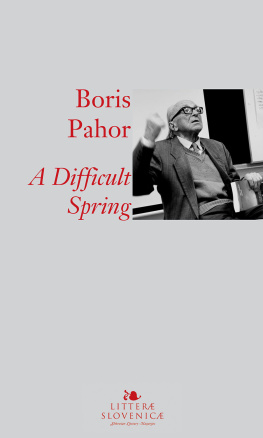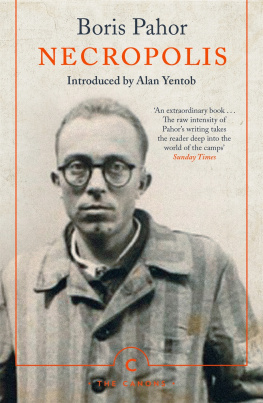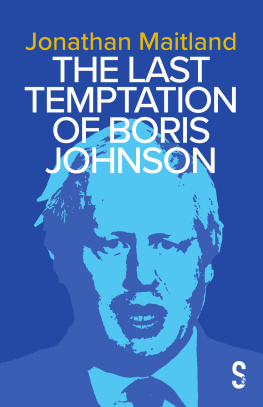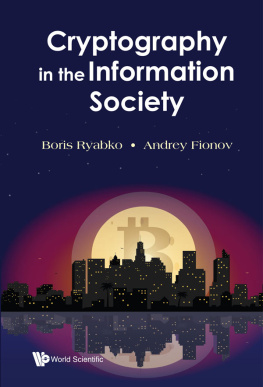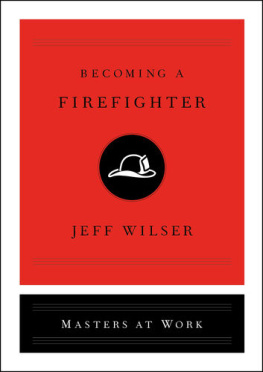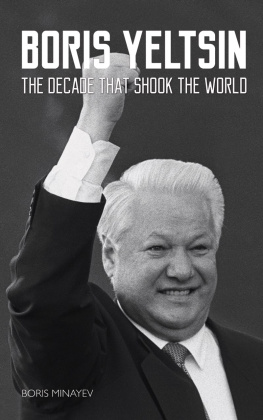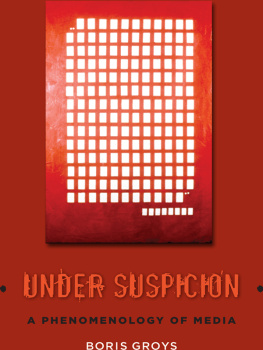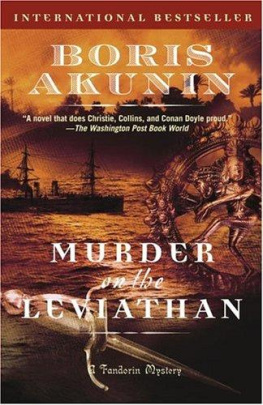Boris Pahor - A Difficult Spring
Here you can read online Boris Pahor - A Difficult Spring full text of the book (entire story) in english for free. Download pdf and epub, get meaning, cover and reviews about this ebook. year: 2017, publisher: Slovene Writers Association, genre: Art. Description of the work, (preface) as well as reviews are available. Best literature library LitArk.com created for fans of good reading and offers a wide selection of genres:
Romance novel
Science fiction
Adventure
Detective
Science
History
Home and family
Prose
Art
Politics
Computer
Non-fiction
Religion
Business
Children
Humor
Choose a favorite category and find really read worthwhile books. Enjoy immersion in the world of imagination, feel the emotions of the characters or learn something new for yourself, make an fascinating discovery.
- Book:A Difficult Spring
- Author:
- Publisher:Slovene Writers Association
- Genre:
- Year:2017
- Rating:5 / 5
- Favourites:Add to favourites
- Your mark:
- 100
- 1
- 2
- 3
- 4
- 5
A Difficult Spring: summary, description and annotation
We offer to read an annotation, description, summary or preface (depends on what the author of the book "A Difficult Spring" wrote himself). If you haven't found the necessary information about the book — write in the comments, we will try to find it.
A Difficult Spring — read online for free the complete book (whole text) full work
Below is the text of the book, divided by pages. System saving the place of the last page read, allows you to conveniently read the book "A Difficult Spring" online for free, without having to search again every time where you left off. Put a bookmark, and you can go to the page where you finished reading at any time.
Font size:
Interval:
Bookmark:
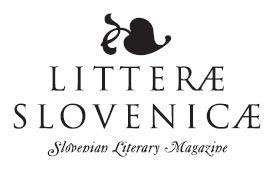
Published by
Slovene Writers Association
Slovene P.E.N.
&
Association of the Slovene Literary Translators
From 1962 published under the title of
Le livre Slovne
BORIS PAHOR
A DIFFICULT SPRING
The author is the copyright holder of the text.
Translated from:
Boris Pahor: Spopad s pomladjo, 1978
Editor-In-Chief
Ivo Svetina, President
Head Editor of Litterae Slovenicae
Alenka Jovanovski
Edited by
Cvetka Bevc and pela Pavli
Translation into English
Erica Johnson Debeljak
Cover photo
Maksimiljana Ipavec/Primorske novice
E-Book available online at
http://www.biblos.si/lib/
Ljubljana 2016
Editing board of Litterae Slovenicae
Alenka Jovanovski (Head), Lela B.Njatin, Duan ater, Veronika Simoniti and Damjan inigoj.
Issued and published by Slovene Writers Association, Ljubljana
CIP - Kataloni zapis o publikaciji
Narodna in univerzitetna knjinica, Ljubljana
821.163.6(450.36)-311.2(0.034.2)
821.163.6(450.36).09Pahor B.(0.034.2)
PAHOR, Boris, 1913
A difficult spring [Elektronski vir] / Boris Pahor ; translated from the Slovenian by Erica Johnson Debeljak. - El. knjiga. - Ljubljana : Slovene Writers Association : Slovene P. E. N. : Association of the Slovene Literary Translators, 2016. - (Litterae Slovenicae : Slovenian literary magazine, ISSN 1318-0177 ; 2009, 2-3)
Prevod dela: Spopad s pomladjo
ISBN 978-961-6995-08-5 (ePub)
COBIS ID 284724992
Translated from the Slovenian by
Erica Johnson Debeljak
Drutvo slovenskih pisateljev
The Slovene Writers Association
Ljubljana, 2016
Far more effectively than the bands playing in the square, these ecstatic couples, locked together, hardly speaking, proclaimed in the midst of the tumult of rejoicing, with the proud egotism and injustice of happy people, that the plague was over, the reign of terror ended.
Albert Camus, The Plague
I
The train rushed smoothly over the Holland plains and softly, unbelievably softly, rocked on its springs. Almost too softly for those unaccustomed to such comfort, for those generally not in a situation to enjoy it. Their blue and white striped garments did not match the creamy velvet of the carriage. The jute fabric of their prison stripes rolled and twisted, and their nearly naked skulls were a sad complement to their bony cheeks and staring eye sockets. The high seat backs and creamy upholstery in the carriage was shot with gold and recalled vacant theatre loges. Luxurious and silent loges, which someone had given these impossible travellers. Actually not given, but only ceded to the gaunt creatures temporarily. The stripes on their uniforms looked like broken sticks tossed on and between the velvet seats; the people in the sticks like the remains of some unknown tribe. Theyd probably been found in a mine shaft more than a hundred metres deep or in the throat of some extinguished volcano; or perhaps nobody knew exactly where theyd been found. And it somehow seemed that the train rocked so softly out of a kind of sensitivity, and at the same time out of an almost unperceivable caution, that its carriages might be polluted by too much contact with this impure cargo.
He sat beside the window. He had been stretched out before, his legs extended onto the opposite seat, his body supine and given over to the intoxicating cotton rocking. But then another windmill appeared and he sat up; it was an automatic movement in response to his amazement at the sight of the rare farmhouse beside the tracks. As if he needed to impress in his consciousness the image of the little homestead, but above all because some women and children had emerged from the doorway of the little house amidst the greenery and were waving little handkerchiefs at the train. One of the women was wiping her eyes with one hand and shaking the handkerchief with the other. And also because the little house was located on uncontaminated soil and the returning deportee observed the land with a calm and deliberate curiosity. He was searching for any sign of human history, an image of the life that had continued among real people during his absence; he searched with eyes that were both weary and unbelieving.
Most of the other travellers did not rise from their seats and go to the window; they were too weak. The news of Dutch women standing in front of their houses only brought a tired smile, like that on a sleeping mans face, to the corners of their mouths.
The golden velvet of the seats paled as the trains springs gently rocked the travellers into the ever thickening grey of evening. And it seemed to him that they were travelling to the far end of a dark land, to an empty coast where each of them would face his own unknown and savage fate.
We organized our departure masterfully, Ren said enthusiastically into the darkness.
Its lucky that Jean and Marcel are so handy, responded Franois with a voice that, though tranquil, revealed a flash of self-confidence.
They had agreed to disembark at Harzungen, and there he found himself amidst a throng of skeletal bodies and again heard the wheezing lament of rib cages and saw even more clearly the unbelievably long line of train cars that had been traversing between the two front lines for five days now, meandering without destination it seemed, heavy from the weight of destroyed human cargo. The travelling necropolis of upright, tightly packed, zebra-striped bodies, in which even those that had stopped living did not fall to the ground. This caravan of death could not be compared with other transports and thus an endless series of coffins waited at the Celle station before the open doors of the long convoy.
The train stopped and Pierre stood up and swayed a bit before unbolting and opening the door of the compartment.
This is Brussels, he said.
Brussels? Franois asked with a yawn.
But Pierre was already in the corridor, using all his force to push down the window pane.
It is Brussels, isnt it? he asked, answering his question the same moment he asked it.
They went out to the corridor to wave to the city from the window and girls wearing the white dresses of the Red Cross came toward them with warm drinks in cups and sweet intrusion in their voices. They were timid and gentle in their anxiety not to miss any aspect of caring for these bodies.
A faint steam rose from the tin pots and spread a sweet-smelling aroma of tea into the night air; it was as if the men were enfolded in the memory of blossoming linden surrounded by a swarm of droning bees.
II
After their reception in Paris, they lined up under the showers and thoughts returned to him of thin bodies and bare skulls under the boiling water there. But he was able to push away these images because of the loud and clownish play of the former prisoners of war in the neighbouring stalls; they at least were not suffering in the shower from visions of death as were the returning deportees. The former prisoners of war joked in their military fashion, calling through the walls, climbing over them, noisily washing, cursing the water, laughing in a chorus, vigorously splashing as if they wanted to wash all people once and for all.
Although he could not join in their playfulness, he had to smile. It was pleasant to hear the full, manly voices with their healthy animal tone and the innuendos about their comrades organs that were supposed to guarantee the continuation of the human race. But the returning deportee could not take part. Although it was a pleasure to feel the warm streams of water flow like balsam on his body, he was still somehow wounded. And yet he felt he could think more concretely under the shower, think somehow from a distance.
Font size:
Interval:
Bookmark:
Similar books «A Difficult Spring»
Look at similar books to A Difficult Spring. We have selected literature similar in name and meaning in the hope of providing readers with more options to find new, interesting, not yet read works.
Discussion, reviews of the book A Difficult Spring and just readers' own opinions. Leave your comments, write what you think about the work, its meaning or the main characters. Specify what exactly you liked and what you didn't like, and why you think so.

